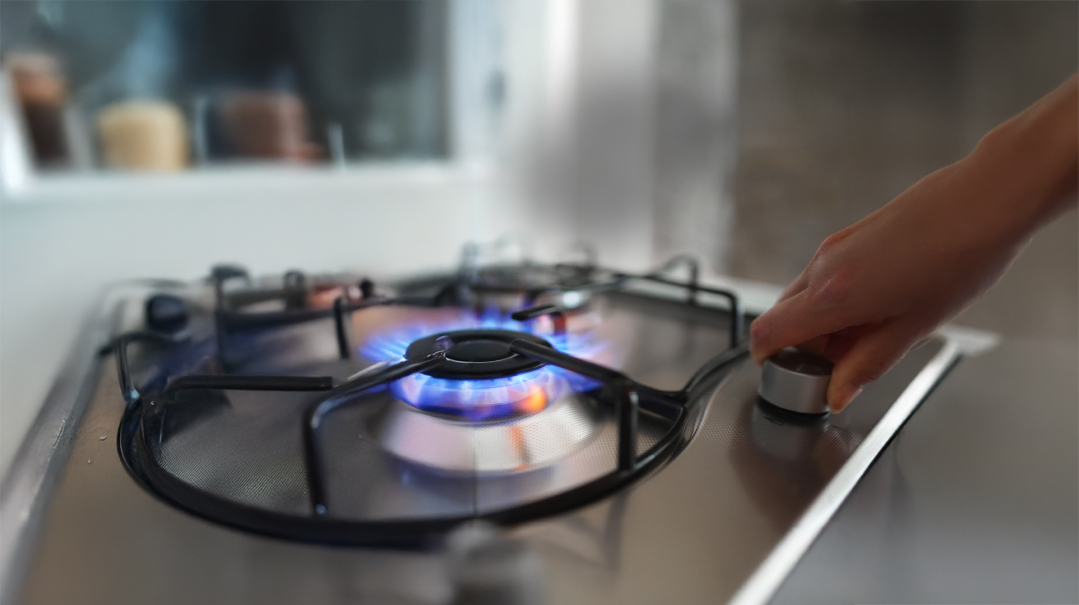Overthinking
| November 6, 2024I want reassurance that I know who I am. I want reassurance that I really am frum

Shouldn’t I be feeling — y’know — something?
…how do I know for sure he’s the one?
…what if I’ve made a mistake?
…what if he ever finds out who I really am?
…who am I really? How do I know for sure who I really am?
These were the thoughts going through my mind as I became engaged. I told no one; I knew there was something wrong with me, although I didn’t know exactly what it was, and I was terrified that my chassan might find out.
…I don’t buy into half the things frum people do. I think the school system is messed up. I think the shidduch system is messed up. Maybe I’m not really frum at all. How can I know for sure that I’m frum?
Maybe that was the truth. I was marrying a nice frum boy, but I wasn’t really frum. Of course, the men in my family learn, I’ve been to Bais Yaakov, and I keep all the mitzvos as carefully as I can — but what if I wasn’t really frum? How could I really know?
I always had a sense that I was different, that I never fit into any particular group in high school. True, I had five close friends who always came over, and in whose homes I hung out on Shabbos, but I often felt uncomfortably different from them. I mean, sometimes Tirtza and Chana paired off together, and sometimes Rivka and Sara paired off together… so how could I know for sure that I was included? What if I wasn’t really part of the group?
After I married, my sense of difference grew. I felt I’d lost myself. I’d say to my husband, “I was — y’know, I was — different, and now I’m, like, someone else.” I felt as though I had metamorphosed into a different person. These feelings intensified when I gave birth to my first child.
…is she really mine? How can I know that she’s really mine? How can I know for sure?
…I love her, I love her… do I really, truly love her? How can I be absolutely certain?
The fear of not loving my little baby tortured me; after all, who else did she have? I was her world, and I would cry while nursing her, wondering if I truly, truly loved her. What kind of mother was I, not loving my child? How come I didn’t know whether I loved her?
Oops! We could not locate your form.







